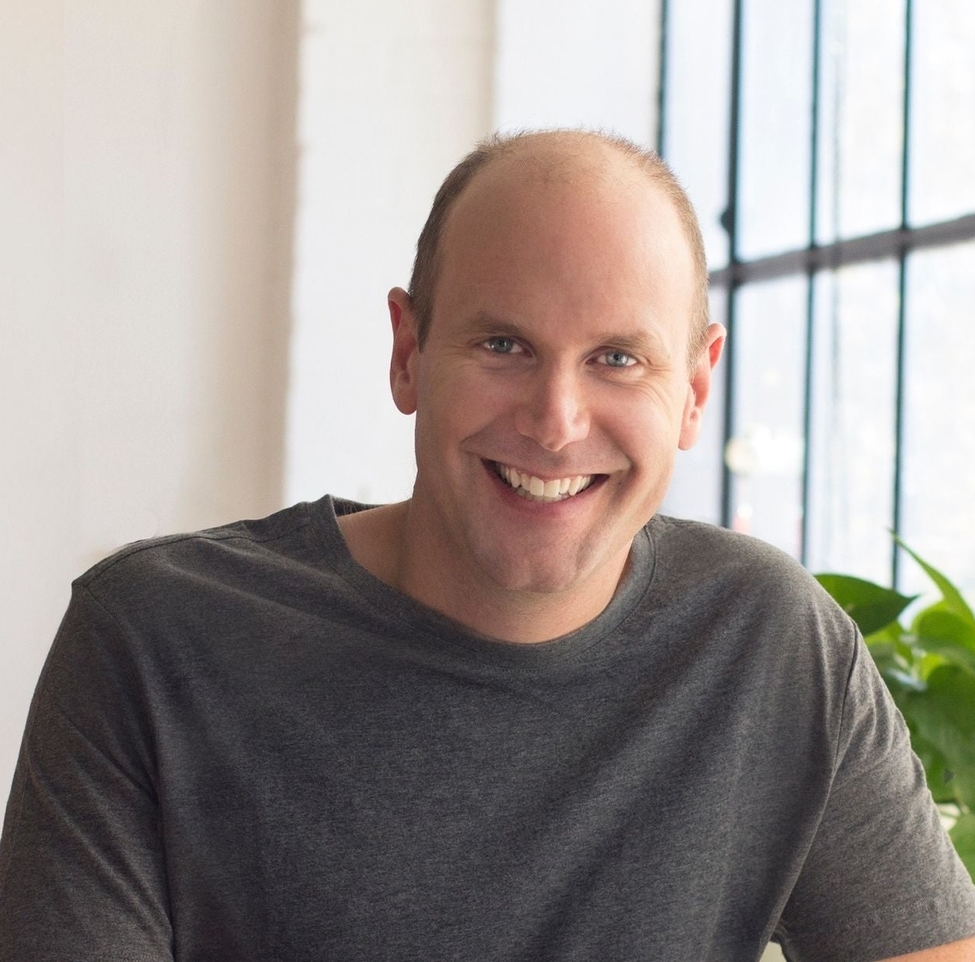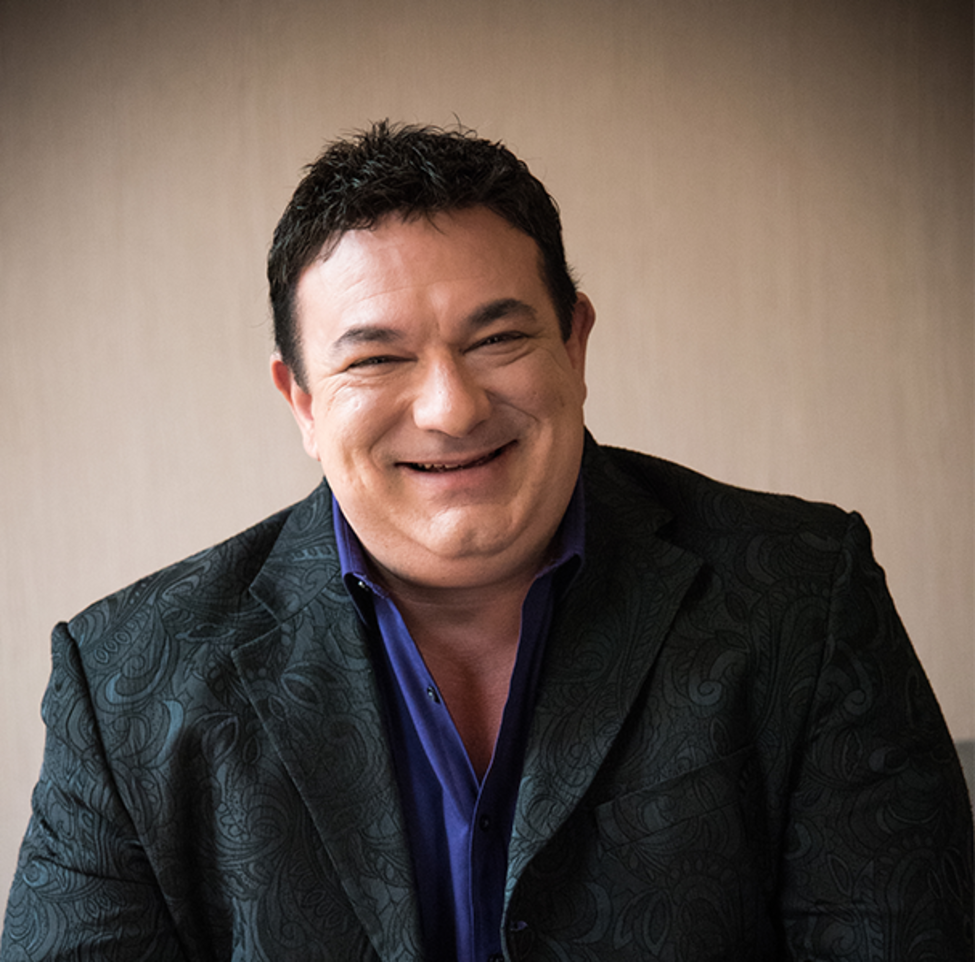How Your Failed Business Helps You Succeed
with Scout Sobel
Video:
Audio:
with guest Scout Sobel #MakingBank S5E5
Whether you are struggling to find your first job or have twenty years of professional experience, career ups and downs happen to everyone. Perhaps you entered an area in which you feel completely overwhelmed. Maybe you were laid off during the economic crisis caused by COVID-19. Whatever it may be, the commonality of roadblocks doesn’t make them any easier to swallow, especially in the early years of your career.
While everyone faces setbacks, entrepreneurs or any kind of business owner feel that when they fail, they fail immensely. Sometimes no matter what you do, the success of your company is beyond your control. If your product or company collapses, you may feel like you haven’t just lost a job, but everything and everyone included in that business. What can you do when the very thing that has consumed your life for the past several months, years, or decades falls apart? What good can come of that?
In a recent episode of the Making Bank podcast, guest Scout Sobel recounts her journey towards building a company with a 6-figure revenue in just one year. Her podcast PR company, Scout’s Agency, which focuses on branding and encouraging female podcasters, entrepreneurs and more, will make multiple 6-figures this year in revenue. It only just began in 2019.
How did she do that? Did she have major investors? No, she didn’t. Did she get lucky? You could call it luck, but experience would be a more accurate statement. She lost—a lot. And yet, she still ended up building the successful company she did.
It wasn’t her first company or product. It wasn’t even her second. Keep reading on to discover to journey to wealth and how your failed businesses can help you succeed.
Effort
One day as a twenty-two-year-old, Scout was sitting with a friend of hers on the campus of their community college and asked: “Do you want to start a magazine?”
Before this moment, Scout had encountered many personal obstacles in her life. While attending college, Scout started experiencing severe paranoia and hypomania, in addition to her depression. After losing friends, internships, and grades, she flew home and sought treatment. At twenty, she was diagnosed with Bipolar Disorder Type II. She says, “Eight years ago, the word bipolar was not thrown around like it is today. I thought it was a death sentence.”
After seeking treatment and transferring to a community-based college, Scout found a more manageable schedule. That is when she decided to start a magazine with her friend. Although an important decision, founding a magazine itself isn’t what would foreshadow her success. It’s what she did next.
When Sobel went home that day, her mindset shifted. She researched printers, “had a budget put together” and “did a Kickstarter for $10,000.” She took her business seriously, and educated herself. She states: “I didn’t know anything. And the main lesson that I really learned was that everything is figureoutable like Marie Forleo always says.” By third edition, the magazine was sold in Barnes and Nobles nationwide.
Despite all this promising success, she realized that the venture was not commercially viable. It was not a financial triumph at that moment, but the magazine gave her a personal milestone: she acquired the mindset of a successful entrepreneur. She learned initiative in educating herself on terms and processes she didn’t know. She took her business seriously and in doing so, generated a willpower and motivation that would carry her the rest of her life. She says, “it also gave me the confidence to know that I can do what I want to do.”
When we have a venture fail, we are often told to reflect on why. You may also find it helpful to identify the skillsets you learned from it. Perhaps you built connections in the industry. Maybe you discovered how to effectively market. It doesn’t have to be a failure if you don’t want it to be.

Experience
Another important lesson from having failed businesses is that it teaches you. In the moment, you may not feel this way. Yet, you learn by doing, even if it’s from doing it wrong. Now you know what doesn’t work. Perhaps you discovered what does work, and now you can apply that to a new venture. In the very least, you gained experience in the day to day of your field.
In the past, Sobel’s internships didn’t offer much exposure to the hands-on lessons she really needed to learn. By running a business, Sobel found herself at the front lines of every problem—and solution. Although she struggled to generate money from the magazine, she felt it was necessary to becoming successful now.
Sobel says, “Did I make money from that venture? No, I hadn’t mastered that yet. But as a 22-year-old in community college, I figured out how to create a project, create a product, get it sold, get it distributed, manage a small team—everyone worked for free. It was the biggest lesson of my life.”
Success
The magazine was bought and rebranded into an online company, where Sobel worked as director of operations for some time. In June of 2019, she quit her temporary day job to begin Scout’s Agency, fulling supporting herself by July. By August she hired staff, and by September she rented office space. While the growth of her company is immaculate, Sobel says, “the collective work that I’ve put into all my other ventures is finally come in.”
In other words, all the experience, skillsets, and connections she collected for seven years was now finally paying off. If you feel that you aren’t gaining anything from your experience now, just wait. Keep learning, growing, and searching for success.
As Sobel says, “it‘s not always the first thing you do. It’s not always the second thing you do. Sometimes you have to stumble and learn upon the way to get the thing right.”
Topics
- Accelerated Learning
- Artificial Intelligence
- Become Present
- Blockchain
- Branding
- Business
- Education
- Entrepreneurship
- Family
- Finance
- Health
- Health & Wellness
- Internet Marketing
- Investing
- Leadership
- Lifecoach
- Marketing
- Negotiation
- Performance
- Productivity
- Publicity
- Real Estate
- Sales
- Sales Success Habits
- Video Marketing
- Writing
















